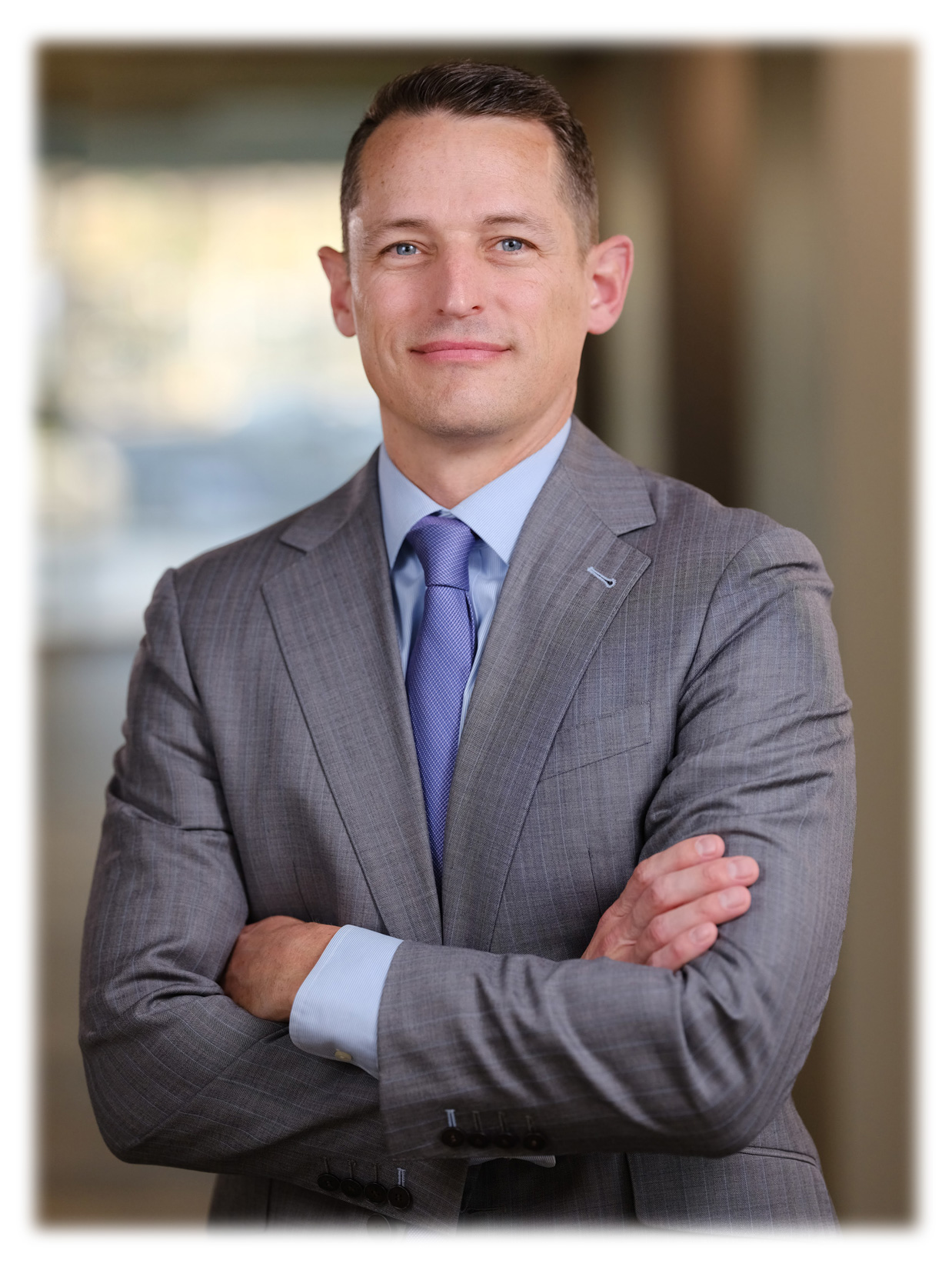7 Things to look for in a surgeon prior to Your LASIK
I have seen firsthand thousands of lives positively changed by vision correction surgery. The technology available today is nothing short of miraculous. Among these procedures, LASIK (laser-assisted in situ keratomileusis) is the most common form of laser eye surgery and patients with nearsightedness (myopia), farsightedness (hyperopia), and especially astigmatism are an excellent candidate for LASIK. This laser vision correction method has been approved by the United States Food and Drug Administration (FDA) for more than 20 years and has achieved an excellent safety record in helping patients eliminate or reduce their dependence on glasses or contact lenses.
The decision to have LASIK vision correction is an important one, and the surgeon you choose plays a significant role in the overall success of your procedure. Although LASIK is a well-studied and safe procedure, not all LASIK surgeons are equal. My goal is to help you make an informed decision and feel confident about having LASIK surgery. There are several things to consider in your search for a LASIK surgeon.
Board Certification:
You’ll want to seek out a LASIK surgeon who is certified by a reputable board, such as the World College of Refractive Surgery and the American Board of Ophthalmology. It takes effort and continuing education to be a Fellow of the World College or Refractive Surgery. A refractive eye surgeon in this elite group will be well educated and put patients first.
Experience:
Vision correction surgery such as LASIK is the most precise field in ophthalmology. It is not something to simply dabble in. You want an expert. A surgeon who focuses on refractive surgery and owns their own lasers is serious about doing a great job and taking care of people. An expert surgeon has performed a high volume of LASIK procedures and other vision correction procedures. This indicates they have honed their skills, technique, and are well-practiced in the procedure.
Excellent Technology:
Choose a surgeon who uses state-of-the-art technology. Fortunately, most lasers currently on the market are excellent and achieve superb results. LASIK today is not the same procedure it was 20 years ago. Refractive surgery as a field has progressed significantly, constantly learning from the prior generation and from any potential sub-optimal results. The equipment needed for LASIK is a significant investment. A surgeon who uses the latest technology is dedicated to excellent results.
Patient Satisfaction:
Check online reviews and ratings to see how satisfied previous patients have been with the surgeon’s work. Talk to friends or family members about their experience. The results of LASIK are amazing. A phenomenal surgeon who is good with people will make the experience incredible. There is no need to have any fear of LASIK.
Good Communication:
A surgeon needs to know how to interact positively with all sorts of personalities. Some are adept at this. Choose an experienced LASIK surgeon who communicates well and takes the time to answer your questions and concerns. This will be evident at your consultation with the surgeon. With my patient’s at Waite Vision, I believe it’s important for me to meet with patients prior to surgery to address all their questions. This is one of the most important parts of LASIK. The procedure itself is the easy part.
Thoughtful Aftercare:
Recovery after LASIK is usually straightforward. There is some mild irritation for a few hours along with mildly blurry vision. Usually by the next day, the vision is recovering well with most Waite Vision patients seeing even better than 20/20. Every eye is different and will respond to LASIK slightly differently. This is where the aftercare becomes very important. If you have a problem or a question, will your surgeon be available to help you? Will you be able to reach them via text after hours? These are important things to consider prior to surgery.
Waite Vision patients receive a text directly from me the evening of their procedure to make sure they are recovering as expected. I am available to help them if there are any issues at any point during their post-operative course. Since the actual LASIK procedure is the easy part, look for a surgeon who provides comprehensive aftercare, including follow-up appointments and any necessary revisions or touch-ups.
Offers the Full Portfolio of Refractive Surgery:
LASIK is amazing, but it is not for everyone. Some corneas are too thin, or weak for LASIK. It is important to know if the vision correction surgeon you are considering offers only LASIK or do they offer the full spectrum of vision correction options. There’s not a single approach to vision correction that works best for all patients, so it is important to work with a provider that offers LASIK as well as all other options of modern vision correction such as EVO ICL, . You want a refractive surgeon who is well versed in all these methods and can offer what will be best for you.
At Waite Vision, we specialize in a broad range of vision correction surgical procedures and want each patient to have the most successful outcome possible. We will only recommend a procedure for which you are an ideal candidate. We perform a full diagnostic work up at your initial evaluation to determine the best procedure that meets all your needs and vision goals. This diagnostic work up is far more indepth than a routine eye exam or quick LASIK consultation. Not a LASIK candidate? No problem. You’ve come to the right place. For patients with keratoconus, we perform corneal crosslinking. Implantable Collamer Lenses (EVO ICLs), SMILE eye surgery, Photorefractive keratectomy (PRK procedures), Refractive Cataract, and Refractive Lens Exchange, are among your options at Waite Vision. Let’s put an end to your blurry vision so you can live life clearly with visual freedom.

